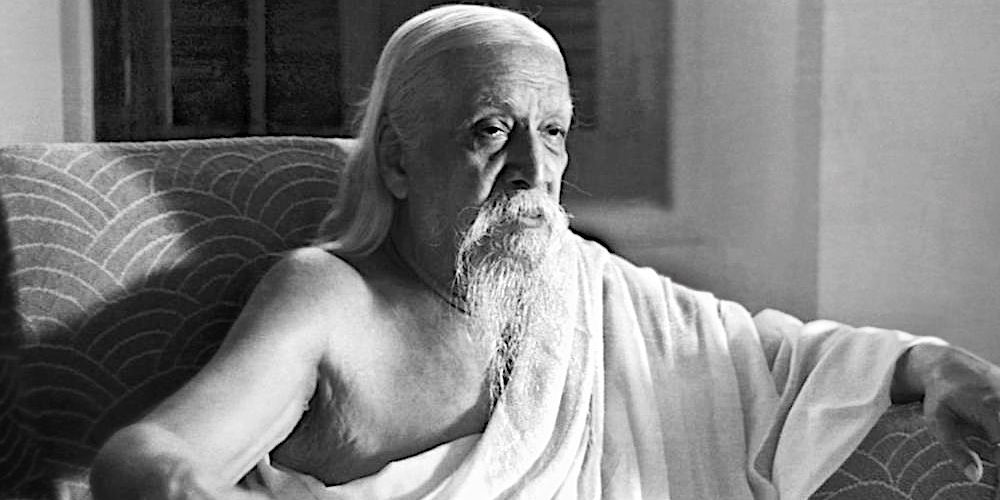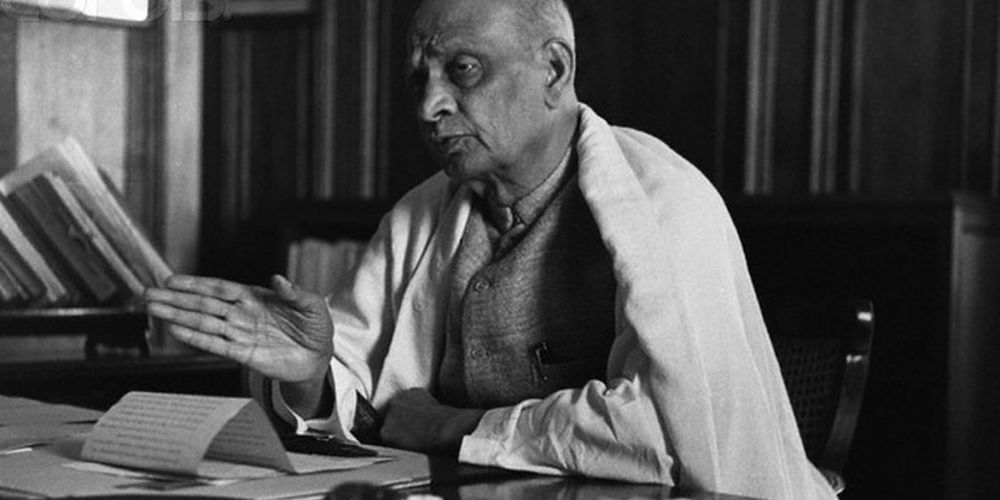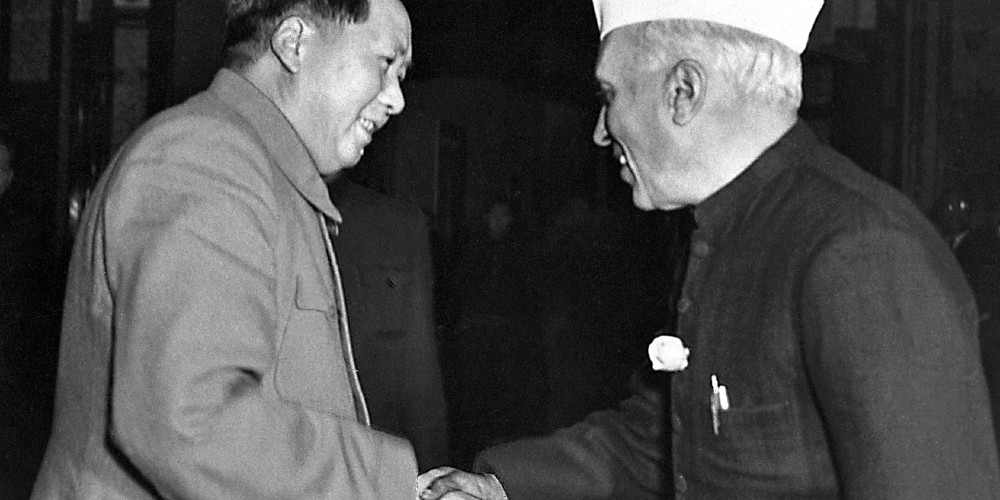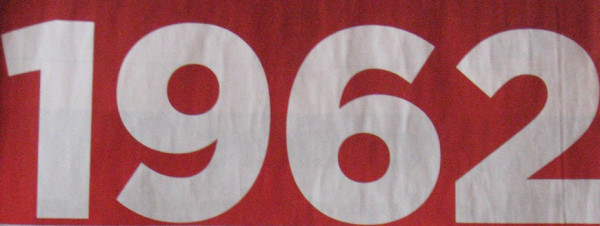Tag: 1962 War
-

The Chinese betrayal, early warnings unheeded – Part 2
It is time we reminded ourselves of the prophetic words of Sardar Patel and Sri Aurobindo as we face renewed threats across the Himalayas. It is true the situation today is different…
-

The Chinese betrayal, early warnings unheeded – Part 1
It is often said that ‘those who forget history are condemned to repeat it’. The truth of this adage is seldom realized. With the brutal and savage killings of unarmed Indian soldiers…
-

Roots of Sino-Indian conflict: How they emerged from their cocoons
The hawkishness which informs the current chorus, “India of 2021 is not the India of 1962”, ignores the accompanying truth: China of 2021 is not the China of 1962. It is challenging…
-

India of 2020 is same as India of 1962
Successive governments have ignored the Chinese strategy of incremental land grab along the LAC and thereby strengthening its positions by building infrastructure.
-

But for China!
But for the 1962 India-China war, there would have been unbridled propensity to couch criminalization as political revolution. Even now, communists use all their leverages in India and abroad to dub their…
-
Why soldiers of the nation must be in Parliament
While civilian supremacy over the armed forces is accepted in democracies the world over, and is an article of faith in the Indian military establishment, it refers to political and not bureaucratic…
